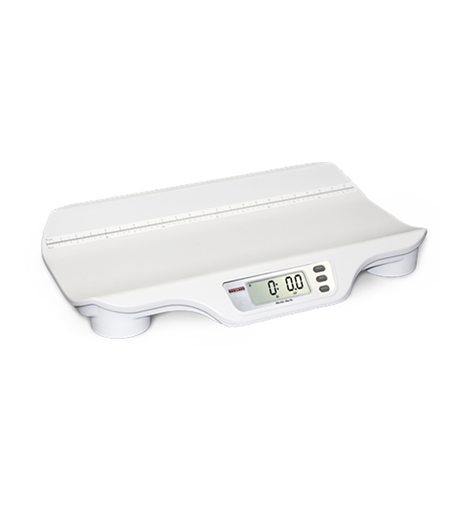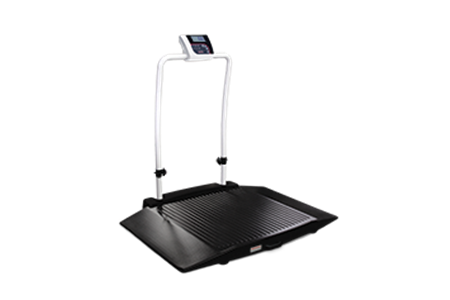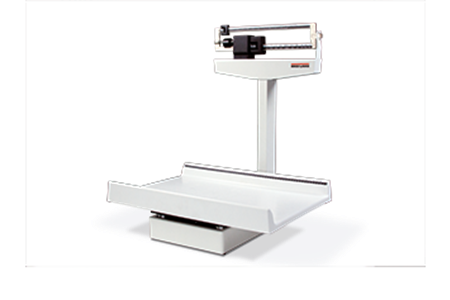Is the website displaying in the correct language? Please confirm or select a different language.
Your region has been set automatically. Please confirm or select a different region.
Prescription Dosing Depends on Weight
Safe prescription drug dosing depends on accurate weighing equipment and correct patient intake.
Accurate weighing equipment is essential in good patient care and critical for intake and charting. More than simply a long-standing routine in the clinic or hospital, patient weighing contributes significantly to accurate drug dosing, nutrition needs and fluid balance assessment. When performed inaccurately, the wrong weight data can lead to life-threatening dosing errors. Patient care is vulnerable to weight-based errors at three points: when the weight is obtained at the scale, when it is recorded and as it is communicated during clinical care.
Many types of medicines and their dosing deliveries, whether intravenous, oral or other, depend on a patient’s weight for efficacy and safety. To combat serious consequences of incorrect weight data, a formal approach to patient weighing should be practiced with weighing equipment capable of helping prevent human errors.
- Establish procedures for capturing and documenting weighments
- Pharmacy-level reviews of weight-based dosing recommendations
- Use of clinically appropriate, properly functioning equipment for weighing and medication delivery
- Regular cleaning and maintenance of weighing equipment
- Schedule regular calibration of scales using certified weights
- Use of health information technology for transferring data to prevent transposition errors
- Standardize units of measure
- Movement compensation technology for involuntary patient movement on scale
Incorrect weight data can set off a chain reaction of subsequent patient care errors that are avoidable once cautionary practices become routine. For example, if an operator unknowingly switches a scale from kilograms to pounds, prescription narcotics, insulin or even anesthesia may be disastrously overprescribed. Facility policies that mandate use of one unit of measure and equipment that features locking units of measure can prevent this potentially fatal mistake.
Additional, unpredictable circumstances like staff shortages or irregular, after-hours admissions are common obstacles to best weighing practices, as well as:
- Taking “intake shortcuts” by estimating patients’ weight
- Inaccurate weighing equipment
- Incorrect use of the scale
- Not taring correctly
- Failure to use proper weight resolution, particularly for pediatric patients
- Calculation errors that can occur after accurate weighing (bad math)
- Patient mobility limitations that can affect intake
Bariatric, Pediatric and Immunocompromised Patients
There are specific weighing errors that occur for different types of patients. Drug doses for obese patients depend on individual drugs—some drugs require dosing based on ideal weight, yet others require a dose based on ideal weight + (%) actual weight. Pediatric, elderly and immunocompromised patients are even more susceptible to dangers of dosing errors and must be monitored closely for drug tolerances despite correct weight-based dosing.
Dosing errors based on incorrect weight, potentially lethal, can be avoided. Prevention begins with proper weighing equipment that is precise and durable enough for institutional use. Patient scales should also have features that help reduce risks associated with human error, such as movement compensation technology, EHR capability and locking units of measure. Rice Lake Weighing Systems offers a complete line of medical weighing products ranging from physician scales to wheelchair, neonatal and bariatric scales that are backed by over 70 years of weighing expertise and superior customer support.



 My Account
My Account


